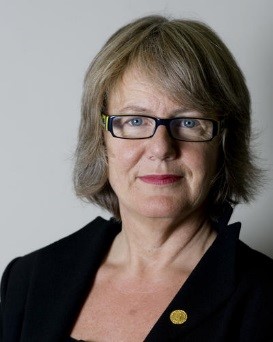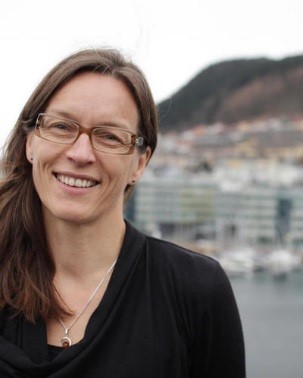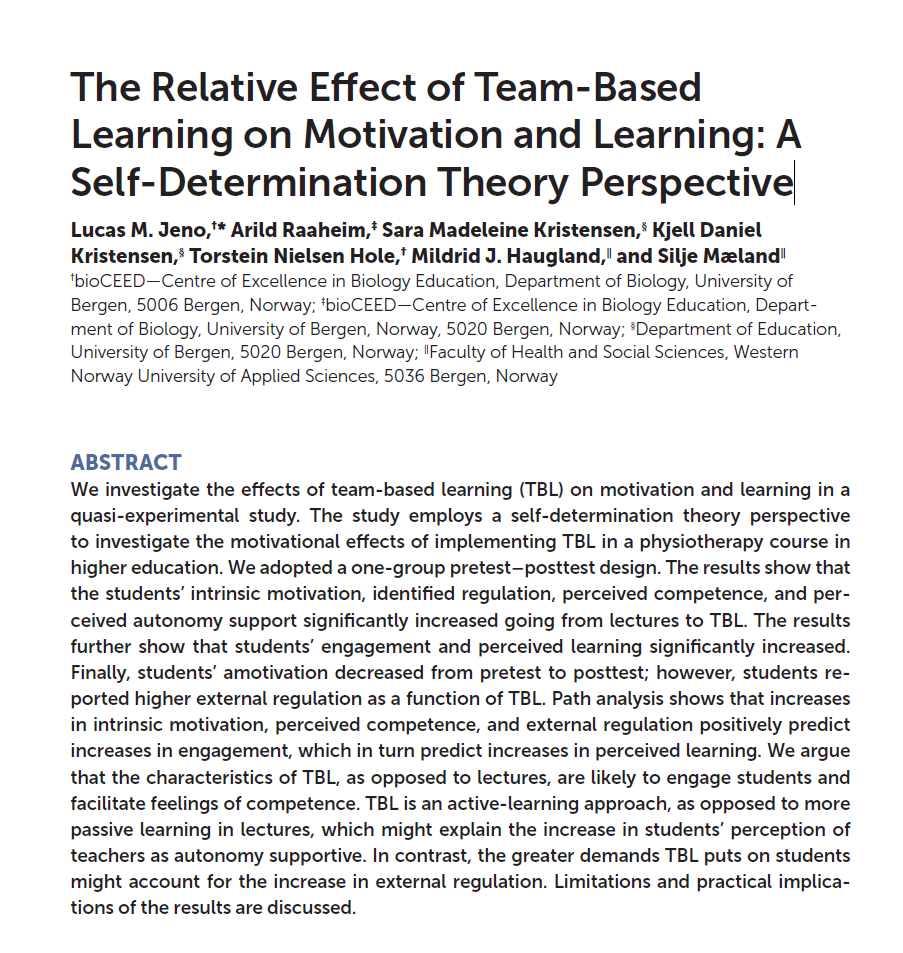International Partnerships for Excellent Education, Research and Innovation
On November 16th, SiU and the Research Council announced the new INTPART (International Partnerships for Excellent Education, Research and Innovation) projects that have been funded. We are delighted that two projects from Department of Biology, UiB, with bioCEED support, where funded!
 The project Connecting hands-on-PRactice and Innovative MArine ecological sampling methods and analysis tools for enhancing student LEARNING – or PRIMA LEARNING for short, is led by professor Anne Gro Vea Salvanes at UiB. The partnership combines the competence of bioCEED (Centre for Excellence in Education), ongoing educational research and development projects (Active Learning Marine Ecology, Thon Foundation) at Department of Biology (UiB), strong research environments in South-Africa (University of Western Cape and Department of Agriculture, Forestry and Fisheries), a Centre for Research-based Innovation at the Institute of Marine Research (CRISP), and the FAOs flagship for developing sustainable fisheries considering climate and pollution impacts (EAF-Nansen program).
The project Connecting hands-on-PRactice and Innovative MArine ecological sampling methods and analysis tools for enhancing student LEARNING – or PRIMA LEARNING for short, is led by professor Anne Gro Vea Salvanes at UiB. The partnership combines the competence of bioCEED (Centre for Excellence in Education), ongoing educational research and development projects (Active Learning Marine Ecology, Thon Foundation) at Department of Biology (UiB), strong research environments in South-Africa (University of Western Cape and Department of Agriculture, Forestry and Fisheries), a Centre for Research-based Innovation at the Institute of Marine Research (CRISP), and the FAOs flagship for developing sustainable fisheries considering climate and pollution impacts (EAF-Nansen program).
PRIMA LEARNING will use active student learning in marine science to build new knowledge through basic research, and educate highly qualified marine scientists with international experience and networks. The approach is to adopt innovative teaching and learning methods and to integrate hands-on-learning of practical skills required for marine ecological field studies. With access to world-class ocean going research vessels in one of the four most productive ecosystems of the world (the Benguela Upwelling Ecosystem) and in Norwegian areas, students will learn by using the most innovative sampling methodologies. The students will learn about sampling methodologies and the process from planning to conducting field studies – to quality assure, analyze, and interpret the collected data using modern analysis tools.

Also funded was the project Research and Education Partnership in Climate Change Impacts on Terrestrial Ecosystems (RECITE), led by bioCEEDs leader professor Vigdis Vandvik.
RECITE brings together five partner institutions across Norway (University of Bergen; Uni Research; The University Centre at Svalbard), China (Chinese Academy of Sciences), and USA (University of Arizona) in a collaborative effort to develop strong international research and educational methods and outputs.
The overarching goal of RECITE is to support the partner institutions in becoming leaders in internationally collaborative climate change research and education by coordinating research efforts and offering students international experience in climate-related research, training, and exchange. A novel aspect is that in addition to climate change research and education, RECITE will experiment with and build knowledge on the impact of international internship experience on student motivation and learning.



